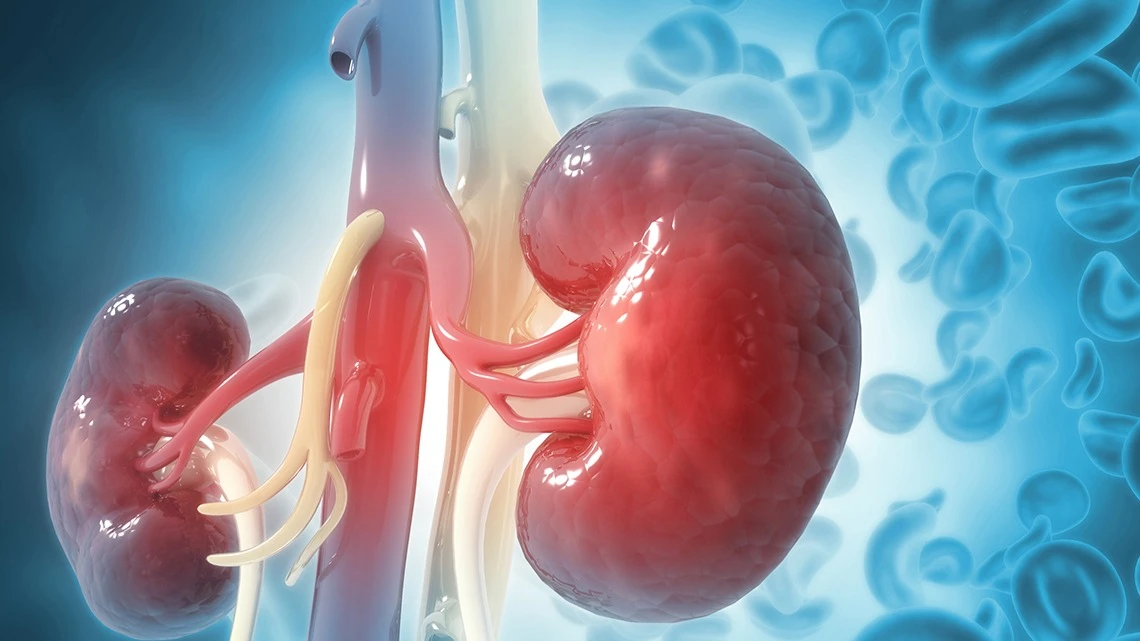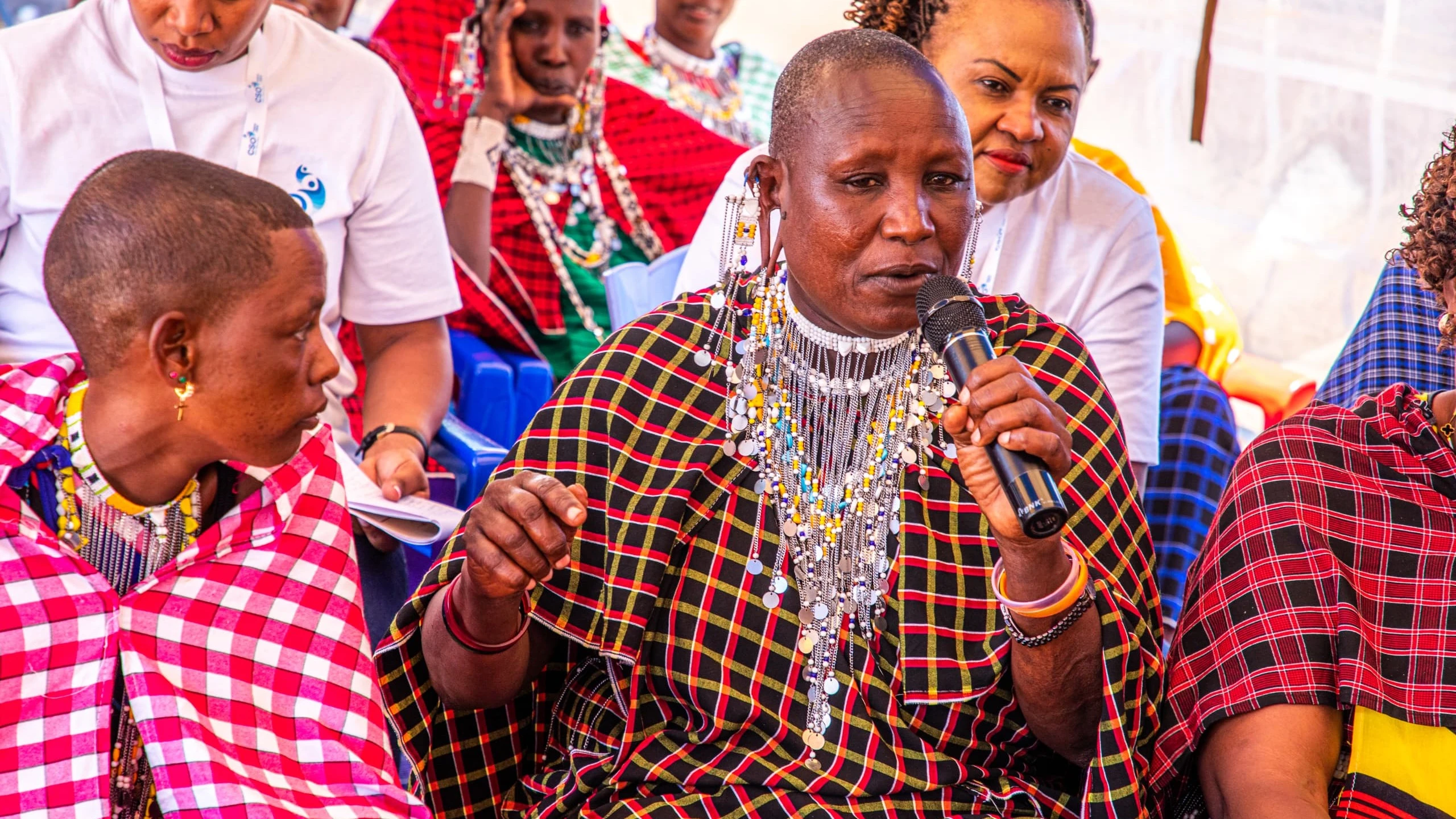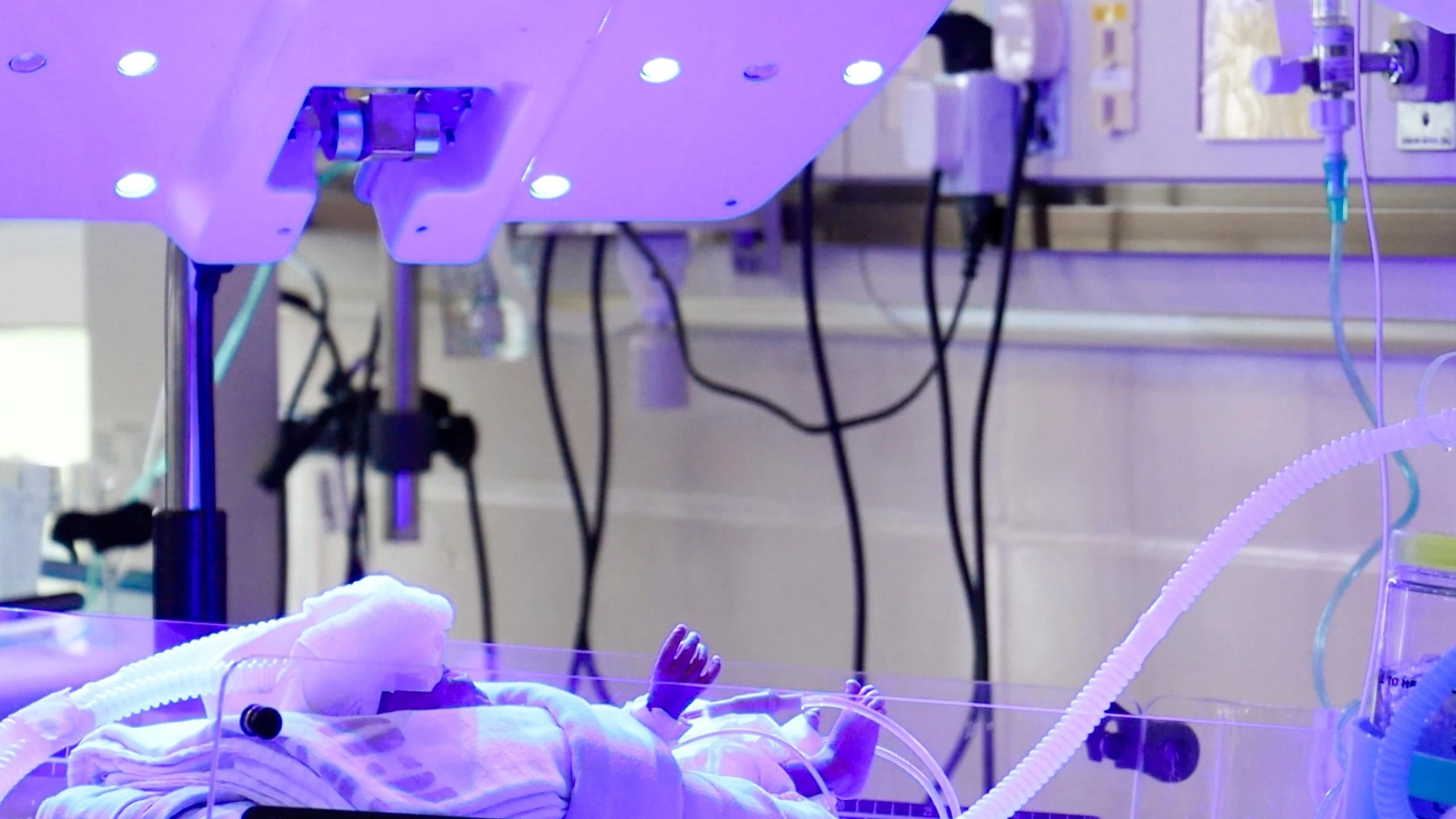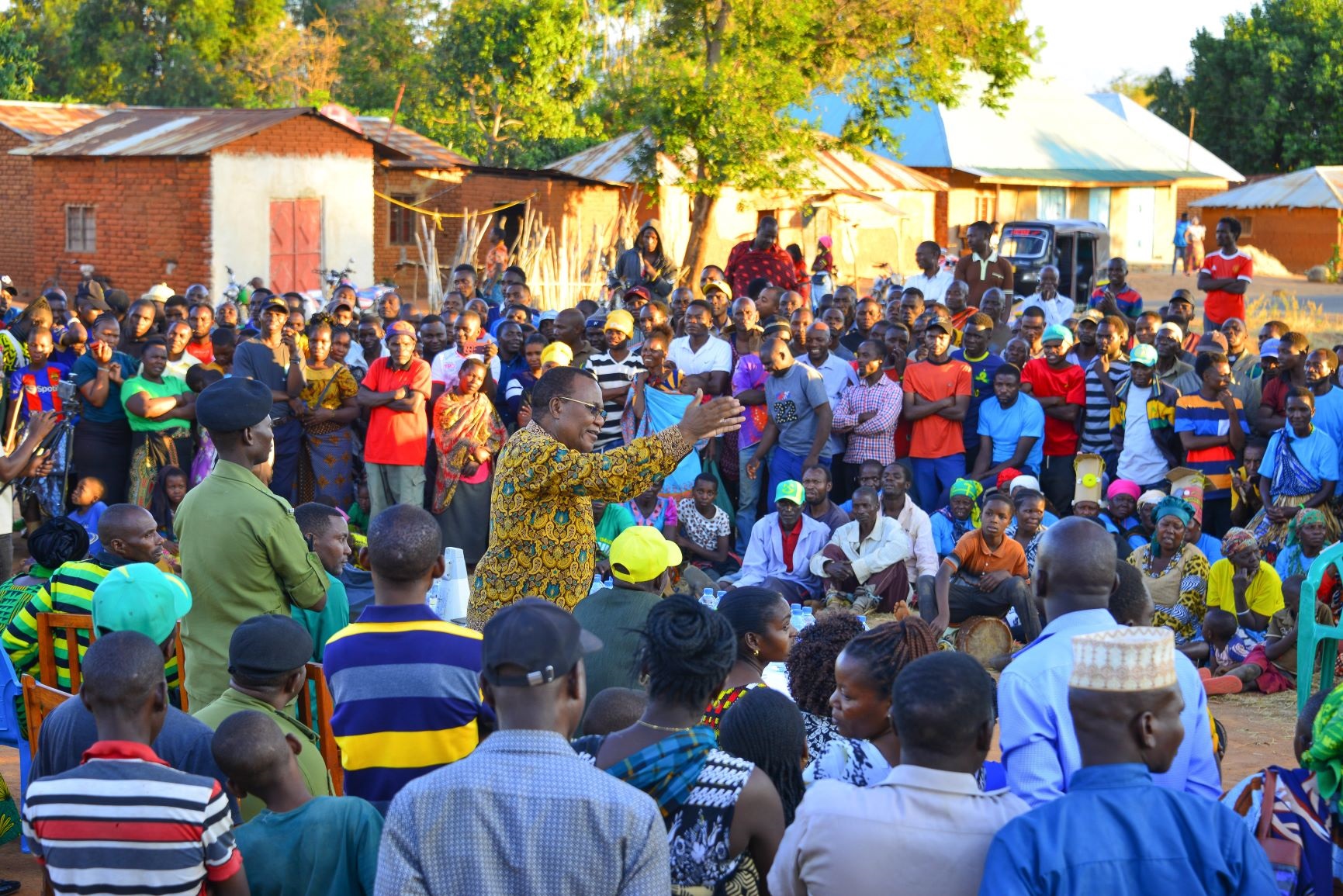Nearly 3,000 suffer from kidney failure

TANZANIA has nearly 3,000 patients suffering from kidney failure, with the government spending between 56bn/- to 80bn/- annually on dialysis supplies to ensure a steady supply of treatment drugs and caregiving.
Dr Omari Ubuguyu, assistant director of non-communicable diseases at the Health ministry made note of this situation in Dar es Salaam on Thursday at a workshop on media awareness on non-communicable diseases (NCDs).
Collective efforts are needed to enhance awareness to prevent the NCDs challenge and in delivering treatment, he said, pointing at the critical role of the media in educating the public on the situation, similarly expressing concern about the spread of misinformation.
The Tanzania Non-Communicable Diseases Alliance (TANCDA) organised the event which brought together experts, disease campaigners and representatives from various media outlets, with the ministerial director affirming that 70 percent of the 3,000 individuals face major health issues related to high blood pressure and diabetes.
He urged members of the public to have their blood sugar levels tested at least twice a year, even as testing four times a year is recommended. For those living with diabetes, regular testing is crucial to assess how well they are managing their condition and the effectiveness of medication, he said.
He urged Tanzanians to have their blood sugar levels checked at least twice a year. “If you cannot test four times a year, then at least twice a year. For example, those living with diabetes should do this as it helps assess the effectiveness of their sugar control and the medication they are using,” he said.
Poor control of blood sugar can lead to additional health complications, he said, asserting that for those with high blood pressure, regular monitoring is essential to prevent damage to other organs.
Many patients with kidney failure are not lacking in medication but may not be receiving optimal care, he said, noting that donating a kidney for transplantation can be tricky as the body might still reject it.
“Some people receive transplants from relatives or others but the body may not accept it without ongoing medication,” he said, stressing regular health monitoring and adopting lifestyle changes. These include exercise to manage health effectively, he stated.
Dr Waziri Ndonde, a TANCDA health and exercise specialist, said that maintaining certain bodily elements such as hydration and muscle strength, especially for those over 65 demands regular exercise.
“Older people should engage in balance exercises to prevent falls, as many elderly individuals suffer from weakened legs and muscles,” he said, underlining that people should adhere to recommended dietary guidelines. Failure to do so makes it difficult to manage non-communicable diseases effectively, he declared.
Prof. Andrew Swai, the Diabetes Association of Tanzania (TDA) chairman, said that in the 1970s, non-communicable diseases were considered prevalent only in developed countries, with low prevalence levels in Africa.
In 1986, research conducted in Dar es Salaam, Morogoro and Mara regions showed diabetes prevalence at just one percent among those over 25, with hypertension below two percent and obesity over five percent.
Research nearly 30 years later, in 2012 showed that diabetes affects nine percent of the population and hypertension affects 26 percent. Cancer rates have also increased, with the government expanding Ocean Road Hospital due to rising care needs,” he said, asserting that the changes are due to lifestyle and dietary shifts.
Adeline Munuo, an expert with the Tanzania Food and Nutrition Centre (TFNC), pointed at excessive salt consumption as leading to increased hypertension, particularly among young people.
“Adults should consume no more than a small teaspoon of salt per day, but many exceed this limit,” she said, stressing the need for a balanced diet with various food groups.
She listed these as including grains, tubers, fruits and vegetables, animal products, healthy oils, and legumes, saying food has to relate to activity level, body condition, and age.
Theresia Shayo, a diabetes and hypertension patient staying in Chanika suburb of Ilala District, shared her experience of living with these conditions for 21 years. She highlighted observing medical advice, advising young people to avoid alcohol and tobacco.
Following expert guidance to prevent these diseases is crucial, the patient intoned.
Top Headlines
© 2024 IPPMEDIA.COM. ALL RIGHTS RESERVED






















